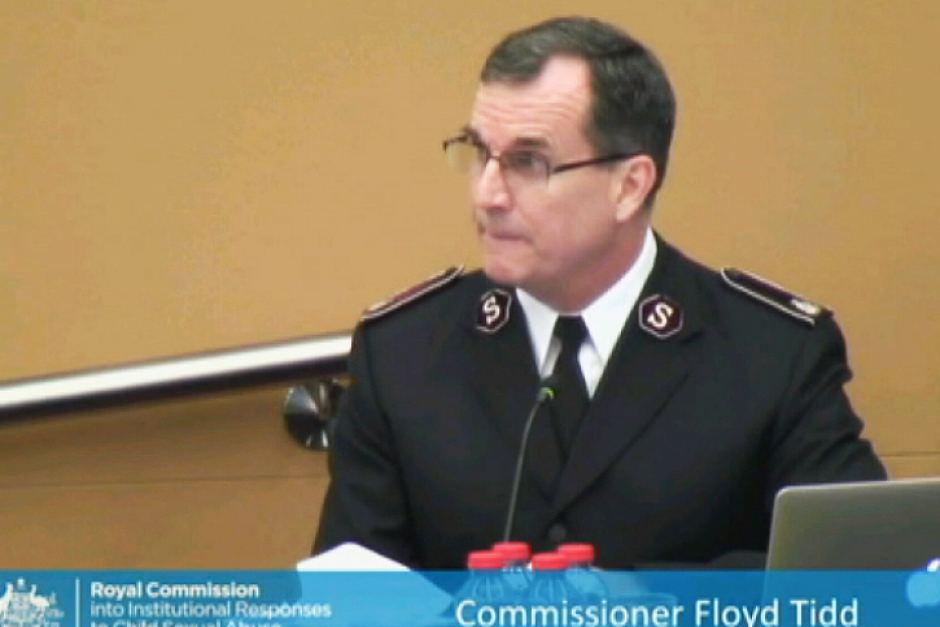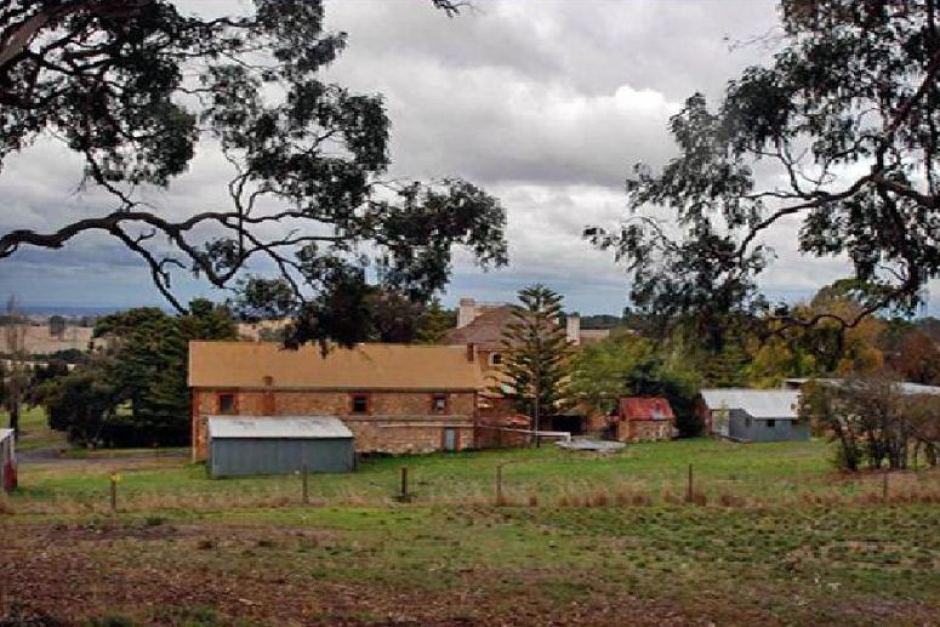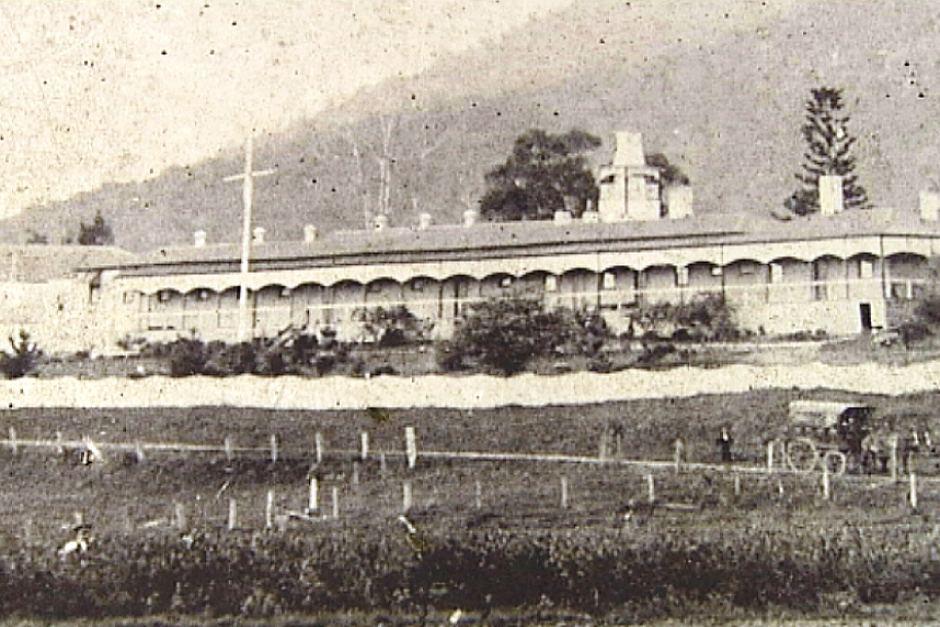|
Child sexual abuse royal commission: Salvation Army 'failed to protect children' from sexual abuse
By Candice Prosser
The Salvation Army failed to protect children in its institutions between 1940 and 1990 and provided a culture where they felt afraid and powerless to resist ongoing abuse, a royal commission has found.The Royal Commission into Institutional Responses to Child Sexual Abuse today released its response into its Salvation Army Southern Territory (TSAS) case study after hearing harrowing stories of physical and sexual abuse and cruelty. It heard about a "culture of humiliation" and a "culture of punishment and fear" at Salvation Army-run children's homes in Victoria, South Australia and Western Australia, where children were regularly beaten, degraded and sexually abused. It examined the Eden Park Boys' Home at Wistow in SA, the Box Hill and Bayswater Boys' homes in Victoria, and the Hollywood Children's Village at Nedlands in WA. The royal commission found that before 1990 the organisation had no policies or procedures on abuse complaints and had failed to comply with its own orders and regulations governing staff misconduct. The report concluded that the Salvation Army failed "to take action against staff and officers who were breaching Orders and Regulations prohibiting the mistreatment of children". The royal commission found TSAS provided a culture in which:
In a statement, the Salvation Army acknowledged it failed to protect some children entrusted to its care "in the past". "We are deeply sorry for all those who have suffered from our past actions and inactions and understand that for many people and their families this pain and trauma has been ongoing," it said. "We will now take the time to study the report and its recommendations and consider the implications for the work of the Salvation Army." Children physically punished for reporting abuseThe royal commission found that children who were abused at the Salvation Army-run homes were too scared to report the abuse and were threatened, accused of telling lies and sometimes physically harmed when they did. It said many former residents did not report their complaints of sexual abuse at the time it was occurring because:
"We are also satisfied that some former residents were physically punished after telling officers or employees of the Salvation Army about their complaints of sexual abuse and this stopped them from disclosing any further incidents of sexual abuse," the report said. Broader compensation claim review recommendedThe royal commission heard the Salvation Army was conducting a review into 418 compensation claims from survivors of child sexual abuse that averaged about $40,000 per claim. It heard the review was designed to identity "outliers and inconsistencies" in payments and prioritise claimants who were not legally represented until a national redress scheme was established. The royal commission recommended it look back at compensation payouts to focus on all claims settled when the organisation was using legal technicalities as defences. A spokesperson for the Salvation Army said all previously settled claims were included in the review, which "was conducted by an independent legal team". He said a report of that review had been lodged with the royal commission. The spokesperson said top-up payments of varying amounts were recommended in less than 20 per cent of those claims. Salvation Army 'effectively' concealed child sexual abuseThe royal commission heard that in 2013, after a Victorian parliamentary inquiry into the handling of child abuse by religious and other organisations, the Salvation Army instructed Trevor Walker from its professional standards unit to investigate the organisation's historical responses to child sexual abuse. The resulting report found the Salvation Army did not take steps to conceal claims of child sexual abuse or protect alleged perpetrators. The royal commission differed from that conclusion. It said Salvation Army Southern Territorial Commander Commissioner Floyd Tidd agreed in evidence that TSAS members received complaints of child sexual abuse that were not passed on to the police.
"TSAS says that, while Commissioner Tidd agreed that TSAS had not always reported child sexual abuse and admitted that the failure to report abuse may have had the effect of protecting alleged perpetrators of child sexual abuse, he was clear that TSAS's conduct was not, in his view, 'concealment' in the sense of the wilful covering-up of misconduct." The royal commission accepted that in the absence of policy or procedure, TSAS "did not wilfully conceal allegations of child sexual abuse". "However, as appropriately conceded by Commissioner Tidd, by not reporting allegations of child sexual abuse to the police it had the effect of concealing child sexual abuse and protecting the alleged perpetrator. "In this way, we differ from the conclusion reached in Mr Walker's report."
|
.
Any original material on these pages is copyright © BishopAccountability.org 2004. Reproduce freely with attribution.


